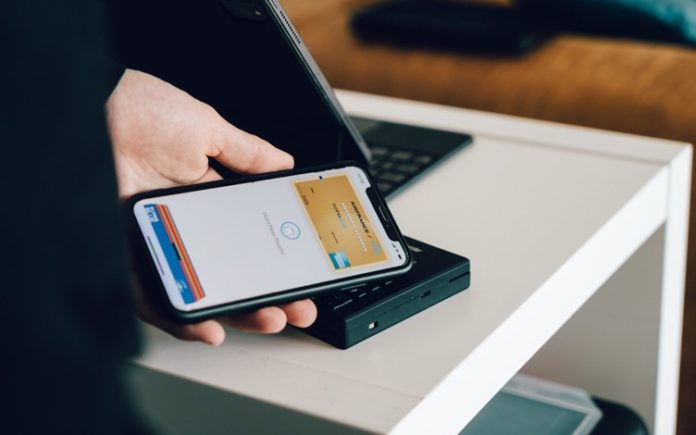Photo by CardMapr.nl on Unsplash
What exactly is an e-wallet?
E-wallets are one of those cover all descriptions, which means slightly different things to different people. Some people think about it only as an app, or series of apps, on your mobile device that securely stores payment information. For example, Apple Pay, Google Pay and PayPal are all referred to as e-wallets. In this context, it involves a payment provider storing financial information, so you do not have to pass on sensitive information to a third-party merchant.
More than just a payment platform
However, for other people, e-wallet is a broader term. Just as you can keep more than just your payment cards in a traditional wallet, an e-wallet can store all kinds of information. For example, the contents of your e-wallet might include airline tickets, your vaccine passport, insurance documents and even your WIFI passwords. It is a place to keep all your digital information securely in one space and help to make your life simpler.
Go paper free
It was not so long ago that travelling entailed carrying around large quantities of paper. From flight tickets to maps and travel guides, everything was paper-based. Now, through the wonders of modern technology, you can travel with little more than your phone and your passport. Of course, we do recommend that you take a few changes of clothing with you as well. However, if the worst came to the worst and your luggage went missing, you could hop into a nearby store and buy yourself a new outfit or two as long as your phone was charged up.
Not all plain sailing
E-wallets have undoubtedly made travelling more effortless, and luggage should be lighter. However, there are still some obvious downsides to being totally reliant on one piece of kit, so we are going to have a look at some of the advantages and disadvantages to them when travelling.
Consider the space
First and foremost, e-wallets take up a fraction of the space of a standard wallet. All your relevant documentation is securely stored in one location. With facial recognition, you are the password for your phone, and most payment apps require secondary verification. This makes e-Wallet payment apps incredibly secure.
What to use your e-wallet for
Whatever you want to do on your travels, you can use your phone to pay for goods and services.
- You can book and pay for travel tickets through apps like Skyscanner and make the payment through your PayPal app. Skyscanner never has access to any confidential information. You can then download and store your travel tickets in the central wallet on your phone.
- In the same way, if you are indulging in a flutter while you are away, you can do so safely without divulging any of your sensitive data. Many travel destinations have a good range of casinos and betting shops to tempt the traveller to come and play. When you weigh up the pros and cons of making a deposit, it becomes clear that New Zealand PayPal casinos offer the traveller an added layer of security on most other payment options. Transfers are almost instant, and withdrawals are returned to your account in a timely manner.
- Equally, you can download all your accommodation confirmations to your e-Wallet. This means that you no longer have to print off reams of paper or search through endless emails to find where you are staying. You can even book last-minute travel and access the details on the go. Many online travel agents like Airbnb and Booking.com give you the option of storing all your hotel passes in your mobile wallet. They even appear in date order to make your life even easier.
What to do if something goes wrong
The biggest downside to relying on e-Wallets is what happens if your device is stolen or lost. You could be in danger of being stranded if you have not backed everything up to the cloud somewhere. Even if you are fully backed up if your only payment option is stored on the phone, how will you purchase a new one? To avoid the inevitable catch-22 situation, the advice is to carry some payment cards as a backup. In addition, it is a good idea to have a trusted person you can contact to access your online account to freeze your cards if things go wrong. Some things require forward planning, and this is one such thing.
Be vigilant
Your phone is probably an expensive bit of kit. It may have cost more than your travel tickets. However, the data stored there is invaluable. Therefore, you need to keep it safe and secure. Do not leave it lying around. When travelling, it is too easy to nod off. The next thing you know, someone has helped themselves to your phone. While you might assume it will be easy to trace, a canny thief can put it into aeroplane mode and potentially make it untraceable.
Easier to get going again
While the possible loss of your phone might initially put you off from using it for all your travel documentation, is it any different from losing your conventional wallet? Truth be told, you will be in trouble whichever one you misplace. The phone option is smaller and therefore easier to keep close to you. In the past, if you lost your wallet or bag, you might have to wave goodbye to future plans. With a backed-up e-wallet, you should be able to be up and running again in no time.




